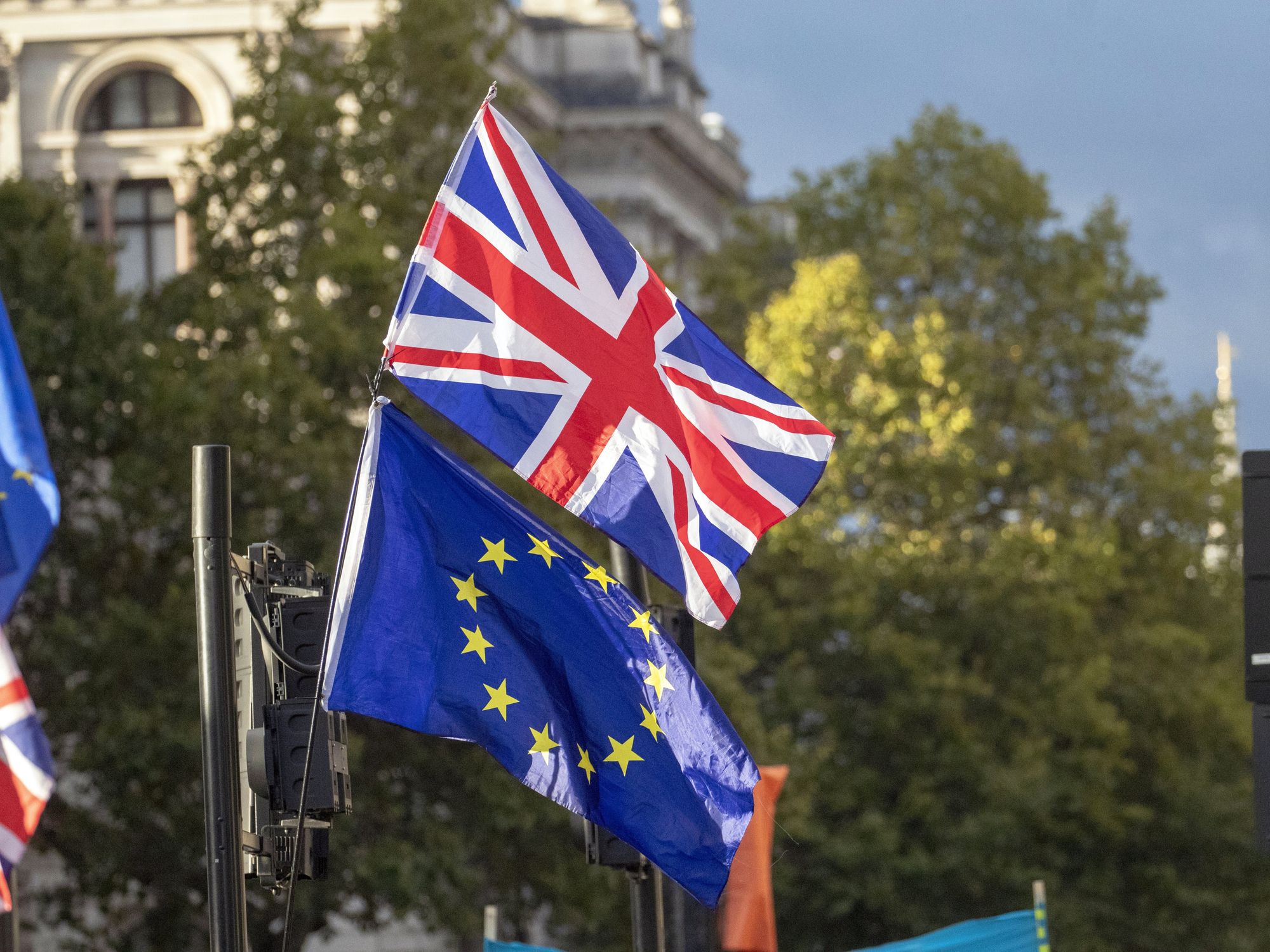HMRC slaps 600,000 'most vulnerable' Britons with fines of up to £1,600 despite owing no tax

Research from Tax Policy Associates is shining light on the tax raid on low-earning taxpayers
Don't Miss
Most Read
Tax authorities have imposed 600,000 penalties on low-income workers who do not owe any tax, with automatic fines beginning at £100 and potentially exceeding £1,600.
The penalties affect self-employed individuals earning above £1,000 annually who must submit tax returns, even when their income falls below the £12,570 personal allowance.
HM Revenue and Customs (HMRC) automatically issues the £100 fine when taxpayers miss the January 31 deadline, with charges mounting significantly over time.
Data obtained through Freedom of Information (FoI) requests by Tax Policy Associates reveals the scale of penalties between 2018 and 2023, including multiple fines issued to the same individuals.

Taxpayers could be hit with unexpected fines from HMRC
|GETTY
The Freedom of Information data shows those with no income tax liability were more likely to receive late penalties than any other income group.
Lawyer Dan Neidle, the think tank's founder, reported hearing from "hundreds" of affected individuals, many experiencing serious physical and mental health challenges.
"The Government should act, and stop the most vulnerable in society having their lives made harder by HMRC," he said.
Some workers may have been wrongly fined after earning below the £1,000 trading allowance threshold.
Do you have a money story you’d like to share? Get in touch by emailing money@gbnews.uk.
HMRC has cancelled approximately one third of late submission penalties over the past three years, with appeals possible within 30 days of receiving a penalty notice.
A new penalty system introduced by the previous Conservative government creates what critics call a "two-tier" arrangement that disadvantages lower earners.
Under the points-based regime, penalties are capped at £200 per tax return with no immediate £100 fine for missing deadlines.
However, only taxpayers enrolled in Making Tax Digital qualify for these reduced penalties, with higher earners joining from April 2026 when the threshold starts at £50,000 in self-employment income, dropping to £20,000 by 2028.
The Low Income Tax Reform Group (LITRG) warns this means low earners outside the digital system continue facing the old regime's harsh penalties, potentially paying thousands more than wealthier taxpayers.
LATEST DEVELOPMENTS:
Antonia Stokes, a chartered tax adviser from LITRG urged HMRC to accelerate the rollout so all taxpayers could benefit from the new penalty regime.
"If this is not possible, there are a series of tweaks HMRC could make to the existing regime that will bring it closer to its replacement, and mitigate some of these harshest effects," she said.
LITRG's proposed changes include greater leniency for first-time deadline misses and simplified exit procedures from self-assessment.
An HMRC spokesman responded: "Our aim is to help people to get their tax right and avoid fines altogether, and 11.5 million customers filed their 2023-24 tax return on time."
More From GB News









